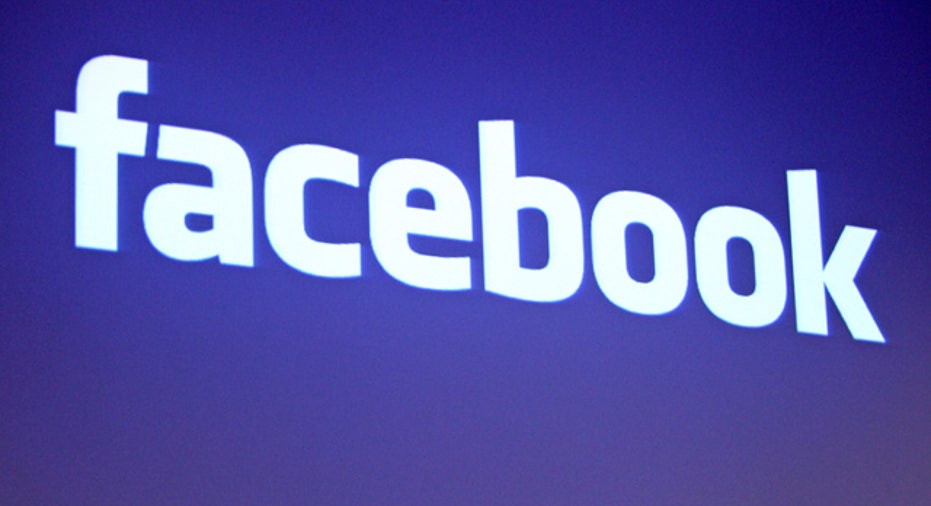Facebook Director of Local: 'We're Not in Direct Competition With Groupon'

When Facebook launched their new Deals service last week, they were inevitably accused of tromping on Groupon’s territory. (Groupon likely saw it that way.) But Facebook Director of Local Emily White said that's not the case. Facebook wasn’t so much interested in deals for deals’ sake, she said. Instead, the company was interested in deals that enabled people to do things together. This is the company, after all, who says its mission is to make the world more connected.
Fast Company caught up with White on Thursday to learn more--and understand what Facebook’s entrance into this space does indeed portend for Groupon and others in the deals industry.
“For us it’s around sharing commerce experiences with your friends online and off,” White told Fast Company, sticking close to Facebook's vision. “We are going for social experiences that are distributed, and shared, and happen in a social manner. We believe that people come to Facebook to interact with their friends. To the extent that we can make that happen even more easily is really cool for us and for the users.”
White described how placing Deals in the Facebook ecosystem creates a cycle, the company believes, that both produces high-quality experiences for users but also benefits merchants.
The system does a lot of filtering for users, White said, so that, when a user decides on a deal, they have greater confidence that it’s one they’re going to like. While some users rely on Deals emails to learn about opportunities, most discovery, White said, happens either in the Newsfeed--when a friend posts a Deal they took advantage of--or when a friend shares a deal with another friend--both of which offer a measure of validation. (It's the sharing power, we've said before, that's the true power behind deals.)
“The best conversions for us are when I find a deal, and I share it with my friends. Which is not a surprise, because that’s what people come to Facebook to do,” White said.
Added to that, when a Facebook user runs across a deal at a merchant that a friend of theirs already frequents, that friend’s check-in will appear in the deal message (assuming they’ve given permission for check-ins to be shared)--providing further validation that this might be a worthwhile experience.
White also said the social nature of the deals that Facebook offers increases the chance that merchants are going to reap users with the potential to become loyal customers, rather than people solely on the hunt for a discount.
“Maybe you like a restaurant and you see a deal for it, and you want to go,” White said. “And you bring [two other friends] who have never been there before. What better new customers to bring to a restaurant than the friends of a fan?”
“And then it’s about taking a photo at that dinner, of the three of us, eating together and uploading it [to Facebook], and eventually tagging the business, and that showing up on the business’s Wall, and the owner being able to see that and get that feedback,” she continued. “And it builds on itself. Another friend of yours goes and looks at that [business’s] page and sees that you had an interaction with that place.”
Given Facebook’s focus, White said, the company isn’t necessarily competing with other deal companies.
“If you look at the deals that we are running and the way we’ve constructed it, you can tell that this is not in direct competition with Groupon,” White said. That compay is in a wide variety of spaces, including “Home & Garden, selling window cleaning. That’s just not [what we’re focused on].”
This content was originally published on FastCompany.com
 More news from Fast Company:- Face The Nation: How Sensory Logic Sees Secrets In Candidates' Mugs- Google’s Marissa Mayer Talks Location Strategy- If You Doze During A Meeting, Microsoft's Got Your Back
More news from Fast Company:- Face The Nation: How Sensory Logic Sees Secrets In Candidates' Mugs- Google’s Marissa Mayer Talks Location Strategy- If You Doze During A Meeting, Microsoft's Got Your Back



















